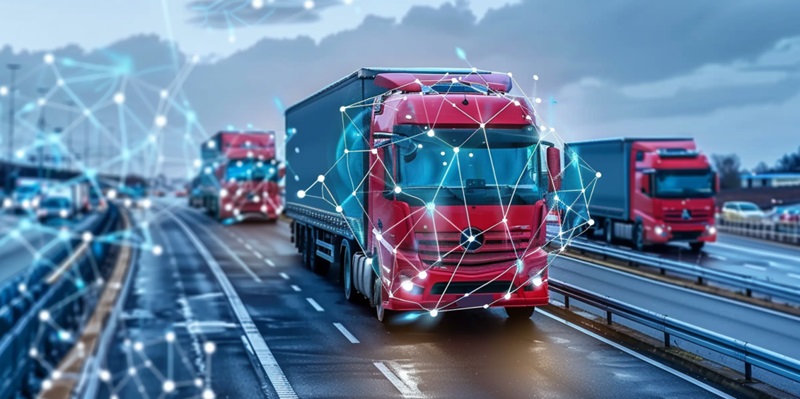The dawn of the digital age has ushered in a transformative era for the logistics industry. As companies pivot towards innovation, the efficient orchestration and execution of supply chain operations have become paramount. The integration of the Internet of Things (IoT), Artificial Intelligence (AI), blockchain, and big data analytics stands at the forefront of this revolution, driving improvements in real-time tracking, predictive analytics, and strategic operational optimization. These digital tools are not merely incremental advancements but pivotal instruments reinventing the logistics landscape, focusing squarely on enhancing both efficiency and customer experience.
Elevating Operational Efficiency Through Technology
In the vigorous endeavor to streamline logistics, technology has emerged as a lighthouse, guiding the industry toward uncharted lands of efficiency. Automating key processes such as route planning, inventory management, and demand forecasting has yielded substantial gains, markedly lowering expenses while accelerating delivery services. These innovations allow for a nimble approach to logistics, one that is capable of adapting to dynamic market demands with precision and speed. As a result, lowered operational costs and improved service times are not just aspirational goals but observable realities within the logistics sector.
The merit of digital solutions extends further, particularly in enhancing transparency. Shipment visibility, once a murky affair, is now a clear pane of glass through which customers can track their orders in real-time. This newfound clarity fosters trust and eclipses traditional customer expectations. The logistics industry, once viewed as a world of warehouses and delivery trucks, now parades its modernity, defined by seamless digital platforms and information at one’s fingertips, charting a new course for customer relations in the process.
Navigating Challenges in the Digital Landscape
The digital era has been a game-changer for the logistics sector, propelling it into an age of innovation and improved operations. As businesses adapt and evolve, the mastery of supply chain functions is crucial. Leading this charge are technologies like the Internet of Things (IoT), Artificial Intelligence (AI), blockchain, and advanced data analytics. These aren’t just small steps forward; they represent a comprehensive reimagining of the industry, facilitating real-time visibility, allowing for predictive data analysis, and enhancing strategic decision-making. The role these digital tools play is transformative, fundamentally shifting the logistics field with a strong emphasis on boosting operational efficiency and elevating the customer experience. They are reshaping how logistics works, turning it into a more streamlined and customer-centric industry.

